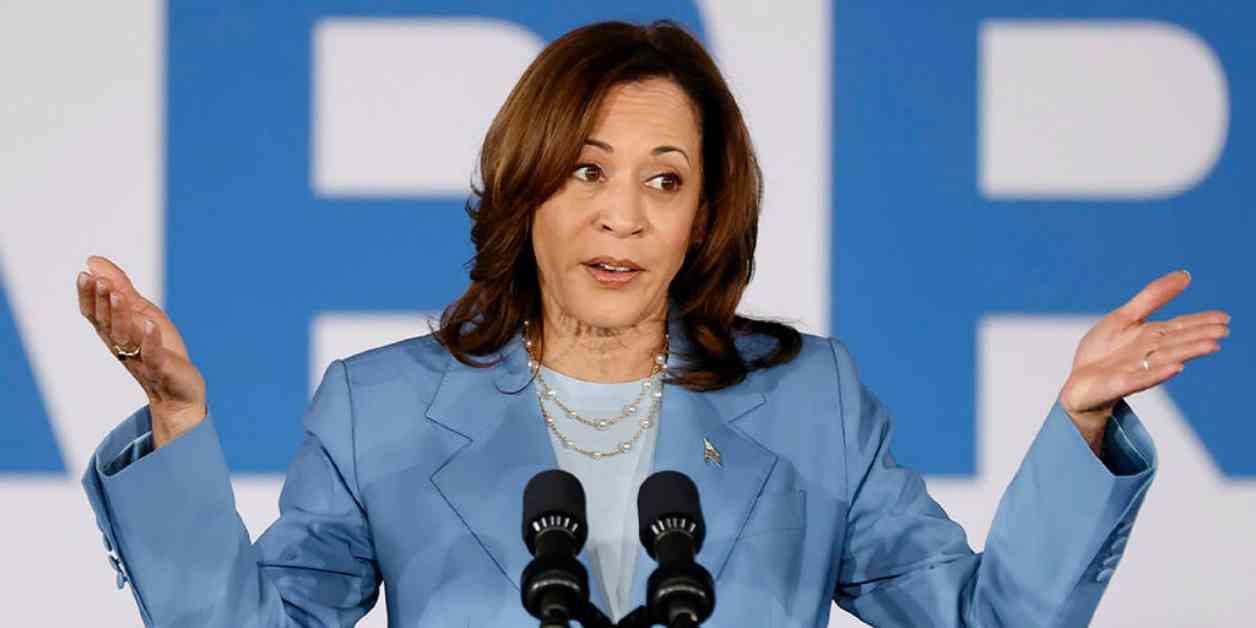Vice President Kamala Harris recently made headlines after a resurfaced video from September 2023 showed her discussing the concept of “climate anxiety” among young people. In the video, Harris suggested that young individuals are experiencing fear about the future, leading them to question whether it makes sense to have children or buy a home in the face of climate change.
During her national “Fight for Our Freedoms” college tour stop at the Reading Area Community College in Pennsylvania, Harris highlighted the record turnout of young voters in the 2020 election and the administration’s efforts toward student loan forgiveness. She mentioned that young leaders have coined the term “climate anxiety” to describe their concerns about the future and the impact of climate change on their major life decisions.
While the original video is almost a year old, it resurfaced when Donald Trump Jr. shared it on social media, drawing criticism from some individuals. Critics argued that Americans are more likely to consider economic factors such as rising energy costs, food prices, and mortgage rates when deciding to have children or purchase a home. The Biden administration has faced backlash over economic policies that have contributed to a rapid increase in mortgage rates and a Gallup poll revealed a record low percentage of Americans believing it is a good time to buy a home.
Despite the backlash, some defended Harris’s remarks, emphasizing that she was simply acknowledging the concerns expressed by young people about the future and the impact of climate change on their life choices. Elon Musk, the owner of X, referred to Harris as an “extinctionist,” while others on social media dismissed the criticism as politically motivated.
In response to the controversy, one Democrat mocked the criticism from the Trump campaign, highlighting the genuine concerns of young people that Harris was addressing in her remarks. The debate surrounding “climate anxiety” and its implications for young individuals continues to be a topic of discussion, reflecting broader societal concerns about the environment and the future.
Overall, Harris’s comments have reignited discussions about the intersection of climate change, economic factors, and personal decisions, prompting a range of reactions from different segments of society. As the conversation evolves, it remains essential to consider the perspectives of young people and their fears about the future in the face of environmental challenges.





















